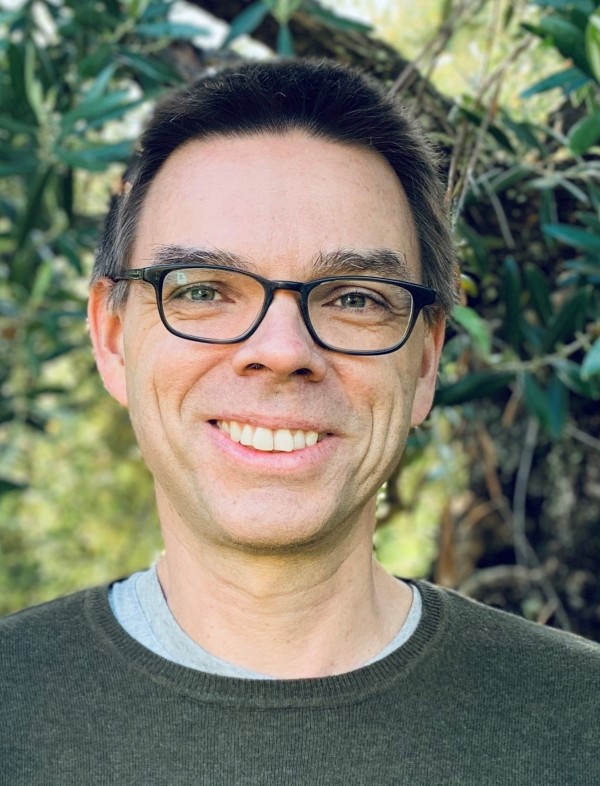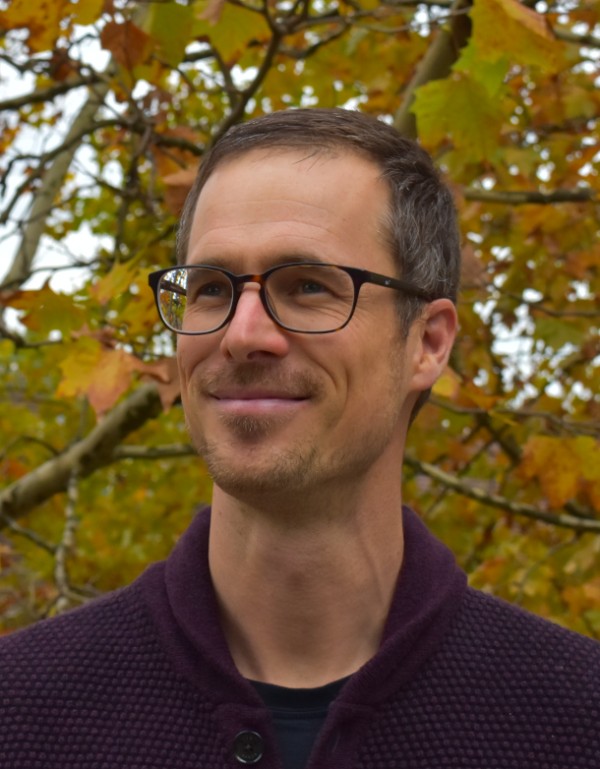Pharmaceutical Discovery from Microbial Communities
The block course Pharmaceutical Discovery from Microbial Communities traverses the fields of chemistry and biology with individualized projects to empower students with translatable skills that will sustain their scientific careers.

The effectiveness of the course's pedagogical strategy can be measured by the students’ continued interest in natural products research and the correlation of learning objectives to materials from concept courses.
University curricula in the biological sciences are traditionally centered around lectures and laboratory work to provide the foundation in basic sciences that will carry the students forward to more specialized learning. Through the support of the Movetia International Program, we have pivoted from the canonical teaching strategy to provide an interdisciplinary educational experience with lessons spanning many scientific areas. Our unique program provides new opportunities for students to gain versatile skills and be empowered to make informed decisions regarding further specialization.
Our project achieved the following goals:
1. We established an international partnership with the University of Michigan Natural Products Discovery Core and College of Pharmacy to develop a course in the interdisciplinary field of natural products research
Our teaching mode instills an innovative approach to education, with methods ranging from microbiology and genomics to chemistry. During a trip to the UNESCO Biosphere Reserve in Entlebuch we teach the basic concepts required for field collections, and engage the students with knowledge about the unique biodiversity in the area. While on the trip, we also incorporate a scientific policy lecture covering the history of the Biosphere Reserve and the implications of this designation for the community and Switzerland as a whole. The field trips and policy discussions were unprecedented in the ETH Zurich Department of Biology (ETHZ D-BIOL) and provide a uniquely Swiss aspect to the students’ research projects. Back on the Hönggerberg campus, we incorporate guest lectures from the partner institution to round off the laboratory activities.
2. We encouraged the students at the ETH D-BIOL to develop scientific questions independently, design experiments to verify hypotheses, accurately perform the experiments, and interpret the results
The course includes a large proportion of active teaching (three lectures and continuous supervised laboratory exercises) balanced with mentored hypothesis-driven work. In addition, we included lectures on bioethics and scientific writing to increase the students› science literacy to ultimately prepare the next generation of broadly informed, highly effective environmental problem solvers and critical thinkers.
3. We diversified the conversations and intellectual development of the students who would not traditionally have the opportunity to be involved in field research
Our target student group included Bachelor’s students from the D-BIOL with backgrounds that are typically underrepresented in biological field work. In relation to the General Priorities of Education in Switzerland, our course aims to support the equal opportunity initiative by diversifying the student population in field research and natural products discovery. Separate from the student-lecturer communication that comes from the mentored learning process described above, we also incorporate opportunities for student-student discussions in data analysis and interpretation. We have found that the diversity of backgrounds that the students bring to the course has been extremely beneficial to the breadth of projects that they pursue during the block course.
The students receive feedback for the block course based on three principal assessments. First, they are expected to actively participate in the field trip, laboratory work, and discussions. Their accumulated knowledge is measured by their ability to present their hypotheses and research findings in both an oral presentation and a written report. The format of this course arms students with adequate practical and literacy skills to achieve their aspirations in any area of the natural sciences.
LET:
Which tools and strategies did you use to encourage student engagement?
Project Group:
We encourage student engagement by tailoring the individual projects to the interests of each student in the class. With a range of methodologies traversing the full pipeline of natural products research, we cover topics ranging from microbiology to chemistry. Under solid mentorship, the students gain critical thinking skills and learn to design their own research objectives and hypotheses based on their initial findings (i.e., which chemical leads to follow up on from the initial screens). Having this sense of ownership and control on the project leads to a focused engagement in the course.
LET:
Which innovative elements does your course provide?
Project Group:
The innovative elements of the course include a field trip to the UNESCO Biosphere Reserve in Entlebuch where the students can collect their own samples for analysis, hear a seminar about scientific policy concerning the region, and learn how their research projects affect the neighboring community and conservation efforts in Switzerland as a whole.
The course also offers sustainable development of interdisciplinary skills that are translatable to the concept courses (and vice versa). The educational format itself is also applicable to different age levels, as evidenced by our conversion of the materials to a week-long PhD-level Summer School on Applied Meta-Omics in June 2023.
These elements bring the real-world implications of the work to the front of the classroom, providing direction for the projects and motivating the students to search for metabolites with the potential to impact human health and the environment.
LET:
How do you ensure to get continuous feedback on the learning process?
Project Group:
We received continued feedback on student learning beyond the end of the course because we communicated clearly with the students that this is a learning process on both sides. We appreciate what they bring to the classroom, and value their intellectual input on the projects. Because of this, our students are comfortable participating and asking questions in the class, and even maintained a continued interest in the projects from a literature perspective after completion of the course. This valuable form of learning is sustainable and can even direct the future research interests of the students (e.g. all of the students from the class are currently pursuing MSc projects in natural products research).
LET:
What are your recommendations for other courses?
Project Group:
I would highly recommend connecting the course content with relatable topics and culturally significant elements. The field trips provide out-of-classroom experiences and an opportunity to see the real-world impacts of the work covered in the course. This brings a significance to the material that you cannot get from a traditional lecture or practical course.
Project team
Professur für Medizinische Chemie
Vladimir-Prelog-Weg 1-5/10
8093
Zürich
Schweiz

Stellvertretender Leiter Institut für Mikrobiologie
Institut für Mikrobiologie
Vladimir-Prelog-Weg 1-5/10
8093
Zürich
Schweiz

Inst. f. Terrestrische Oekosysteme
Universitätstrasse 16
8092
Zürich
Schweiz
